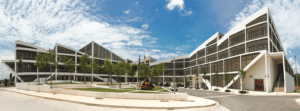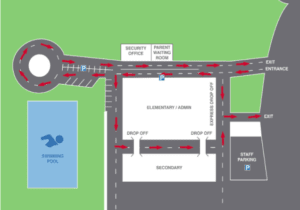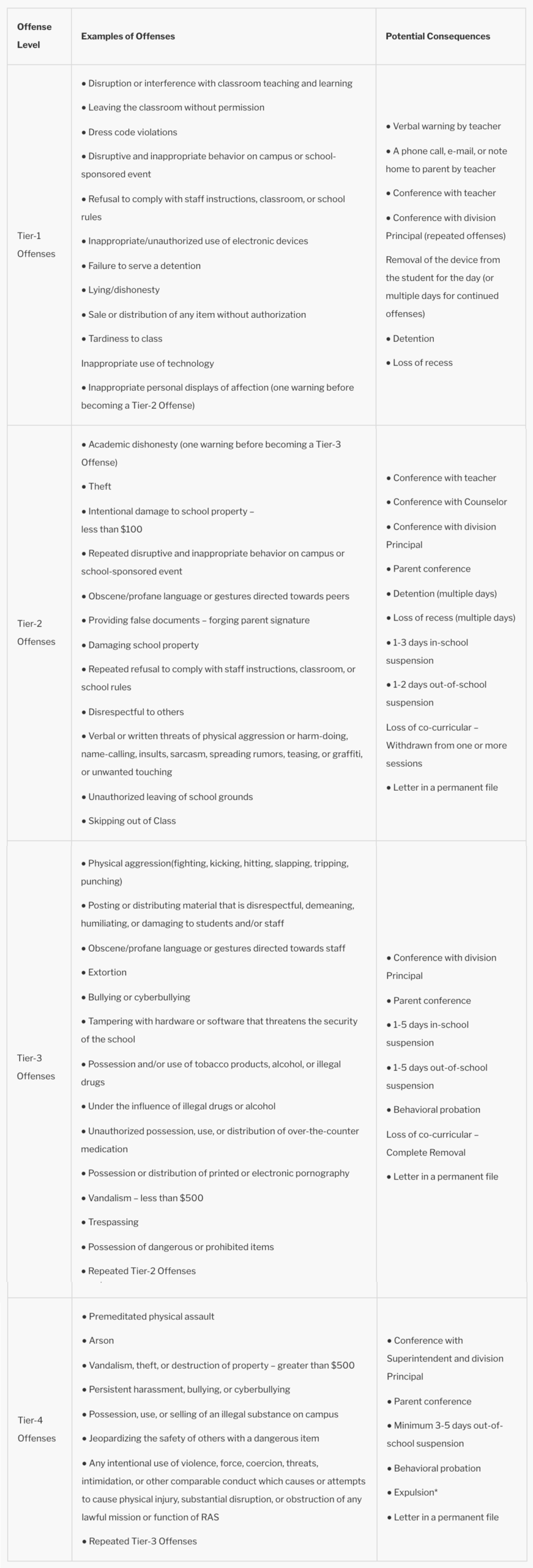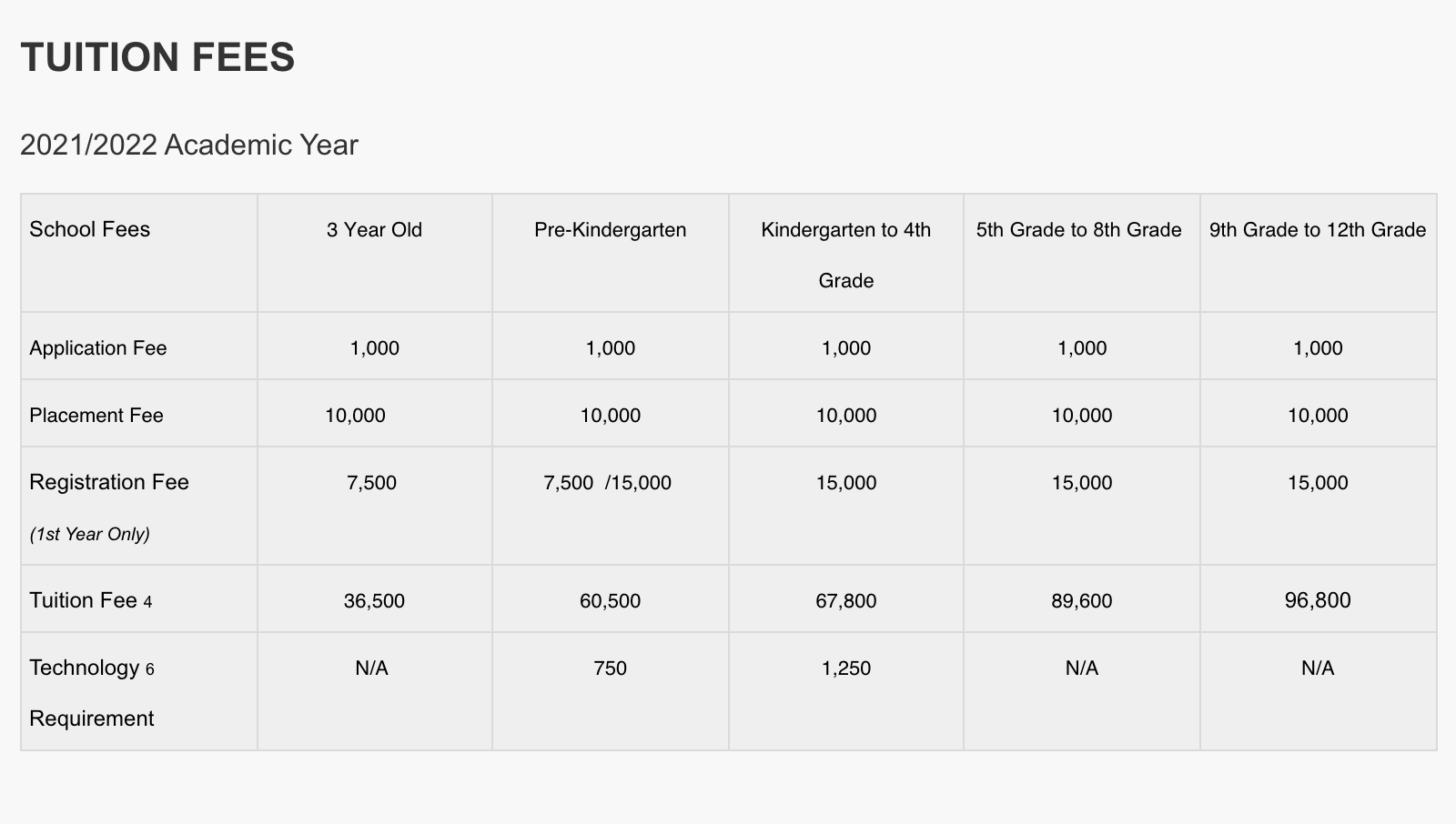Dear Students, Parents, and Guardians:
A warm welcome to a new school year; we are grateful that you chose Raffles American School and trust us to care for your children. RAS is well-equipped to challenge students to grow academically, socially-emotionally and physically. Our facilities offer a comfortable classroom environment, high-quality courts, fields, gymnasiums, and pools for sports and extracurricular activities, and many dedicated rooms for technology, band, dance, drama, and visual arts.
Our teachers are highly qualified in their subject areas and offer knowledge from their home countries and internationally. RAS provides a rigorous curriculum that is supported by general learning outcomes (GLOs) of problem-solving/thinking skills, character/interpersonal skills, organizational/research skills, and communication skills. Throughout the school year, students have opportunities to try new activities and learn in settings inside and outside the classroom walls. We encourage students to participate in a wide variety of extracurricular activities offered by our enthusiastic and talented teachers.
We encourage parents and guardians to be involved in your child’s education. RAS uses a number of communication pathways that include PowerSchool, Parent Portal, Social Media, and Email. We welcome parents and guardians to connect with individual teachers early in the school year; our dedicated and caring staff are ready to answer any questions or concerns about your child.
The Student and Parent Handbook serves as a guide regarding the school’s operations and expectations for students. Information about attendance, academic integrity, behavior, dress code, health, and safety are a few examples in this handbook. Kindly review this handbook with your child, and if you have any questions, please do not hesitate to send an email to:
secondaryprincipal@rafflesamericanschool.org or call the school at +60 (7) 509 8750.
On behalf of the team at RAS, we wish you a successful, safe, and fun school year!
Sincere regards,
Mr. Sok Wee Kho
High School Principal
Mr. David Hornby
Middle School Principal









